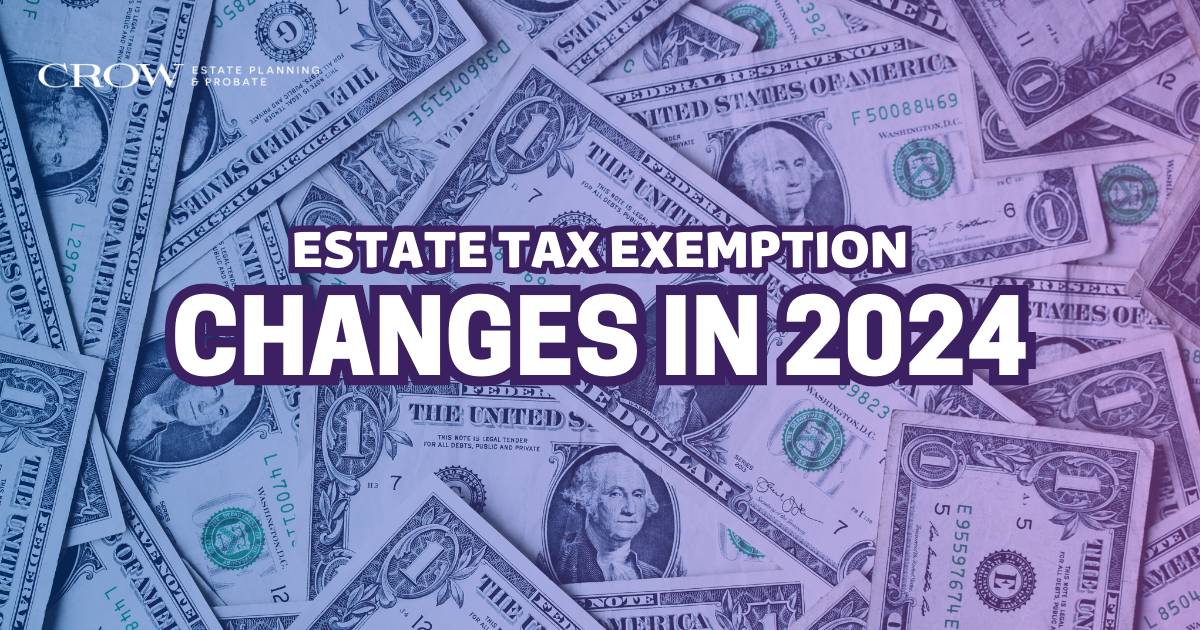Tax planning can be complicated and complex. If you have questions regarding potential tax consequences of certain gifts give us a call and we can help answer your questions.
Although we have an estate tax, the good news is that in 2020 you must have over $11.58 million to have an exposure to the tax. What this means is that if you have under $11.58 million you will not pay any estate tax to the federal government. Additionally, Congress has allowed married couples to combine their exemptions through what is called “portability” to obtain an exemption of over $23 million.
As a consequence of these high exemptions, 99% of Americans are exempt from having to pay any sort of federal estate tax. If we take a look back at the late 1990s for example this is a massive relief for the taxpayer. For example, in 1999, just 20 years ago, the estate tax exemption was set at $650,000 and had a high rate of 55%. What that means is that if you were a single person and had a $2 million estate in 1999, your estate would have received a tax bill of $742,000! But now, thanks to the extremely high exemptions, most Americans have little to fear about this tax.





 Julia Mynhier
Julia Mynhier 
 Crow Estate Planning
Crow Estate Planning 
 Kyle Shannon
Kyle Shannon 
 John Crow
John Crow 